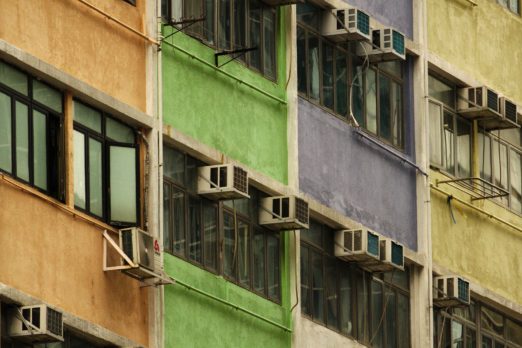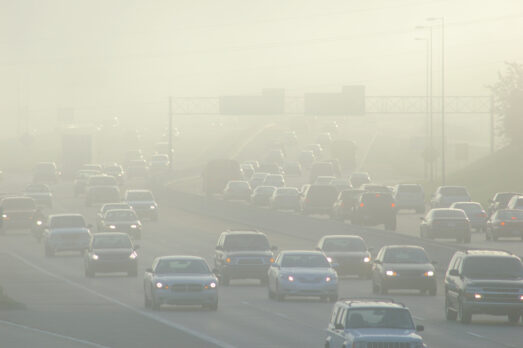
With the world experiencing the hottest days ever recorded this month, and more heat records forecast over the next five years, the demand for air conditioning is expected to soar. This creates a vicious cycle where the energy needed to power these air conditioners generates even more greenhouse gases and increases worldwide temperatures.
The International Energy Agency estimates that global demand for air conditioning will triple by 2050. This means about 10 new air conditioners will be sold every second over the next 30 years.
The US uses as much electricity to keep buildings cool as the entire continent of Africa uses for all its electrical needs. By 2050, the energy demand for indoor cooling is estimated to be 300 percent higher than levels today, making cooling the largest use of electricity in the global buildings sector. And that electricity largely comes from power stations that generate CO2, adding to the warmer climate.
Air conditioning also pumps heat out straight into the atmosphere. That extra heat makes cities hotter, raising nighttime temperatures by up to 2C (5F), which then encourages people to turn up their air conditioning even higher.
The need for air conditioning is expanding as extreme heat waves start earlier in the summer and are hotter and more frequent. With the demand for air conditioning rising worldwide, it’s estimated that in 30 years, more energy could be used for cooling than for heating. Researchers and companies are working on developing new types of air conditioners that are more efficient or use entirely different approaches to cooling the air. Though it may take some time before they hit the market at an affordable price for the broader public.
In the meantime, here are some useful home cooling tips from the U.S. Department of Energy:
-
Set your programmable thermostat as high as is comfortable in the summer, and raise the setpoint when you’re sleeping or away from home.
-
Clean or replace filters on air conditioners once a month or as recommended.
-
Turn off kitchen, bath, and other exhaust fans within 20 minutes after you are done cooking or bathing; when replacing exhaust fans, consider installing high-efficiency, low-noise models.
-
During summer, keep the window coverings closed during the day to block the sun’s heat.
-
Use major appliances such as dishwashers, washing machines, and electric car chargers in the middle of the day, when solar power is abundant.
-
Select energy-efficient products when you buy new cooling equipment. Your contractor should be able to give you energy fact sheets for different types, models, and designs to help you compare energy usage. See the efficiency standards for information on minimum ratings, and look for the ENERGY STAR when purchasing new products.
Consequently, if it feels hot to us, it can be even worse for your pets! But there are ways to keep them safe during heat waves. And for those without access to an air conditioner, here are some tips to help keep your cool.

Annual global bottled water consumption is estimated to have reached 118 billion gallons in 2023. That’s equivalent to 1 million…

The world is driving towards a new era of electric transportation. This is good news for fighting the climate crisis,…

The past few summers have been breaking heat records but winters are actually warming faster than summers in most of…